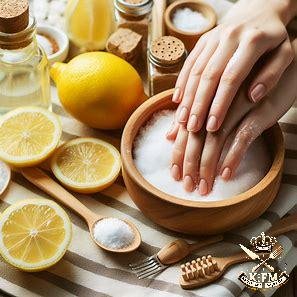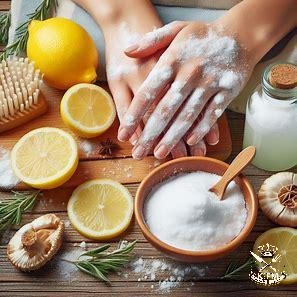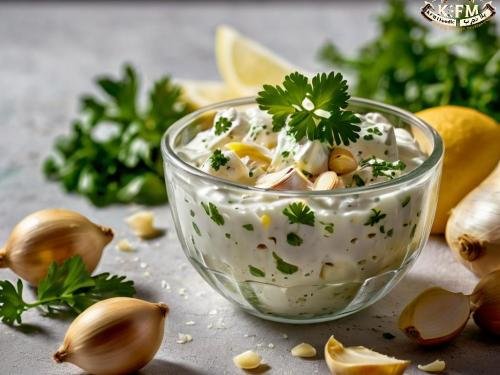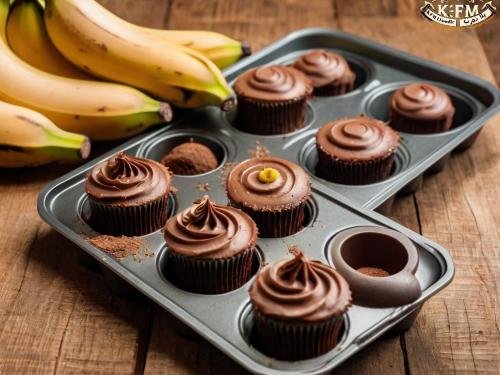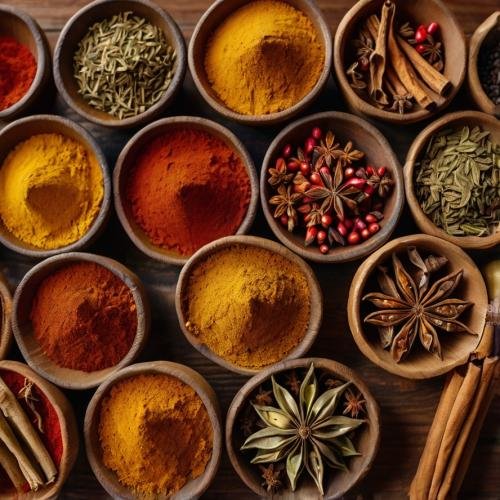Are you looking for a natural way to lighten your hands and achieve soft, glowing skin? This simple recipe combines the properties of lemon, rich in vitamin C, which helps reduce pigmentation and brighten the skin, with the power of baking soda to exfoliate dead skin and cleanse pores. These natural ingredients work together to improve the texture of your hands and even out their tone safely and effectively, so you can enjoy amazing results from the comfort of your home.
Ingredients:
- Half a lemon.
- One teaspoon of baking soda.
Preparation Method:
- In a small bowl, mix the lemon with the baking soda until you get a homogeneous mixture.
- Use the mixture as a hand scrub, gently rubbing it in circular motions for about 5 to 10 minutes.
- After scrubbing, wash your hands with lukewarm water.
- For extra softness and brightness, mix one tablespoon of starch with one tablespoon of vinegar, then apply the mixture to your hands and leave it to dry completely.
- Once the mixture has dried, gently rub your hands to remove the starch, then wash them with water and soap.
- Finally, moisturize your hands with a suitable hand cream for your skin.
Health Benefits for the Skin:
- Brightening Pigmentation and Dark Spots: Lemon contains vitamin C, which acts as an antioxidant, helping to reduce melanin and even out skin tone.
- Exfoliating Dead Skin: Baking soda acts as a natural exfoliant, removing dead cells and revealing soft, glowing skin.
- Deep Pore Cleansing: The lemon and baking soda mixture deeply cleanses pores of dirt and excess oils, reducing the appearance of pimples.
- Moisturizing and Improving Skin Elasticity: Regular use of this mixture rejuvenates the skin and enhances its elasticity.
- Fighting Early Signs of Aging: Thanks to the antioxidants in lemon, the skin combats free radicals that cause wrinkles.
Notes:
- Avoid using this recipe on sensitive areas.
- If allergic to lemon or vinegar, they can be substituted with yogurt or rose water, respectively.
- Lemon and vinegar are the ideal choices for faster results.
Warning: This recipe is suitable for individuals without any inflammations or wounds on their hands and is not appropriate for sensitive areas.
Daily Hand Care Tips
To always have soft and radiant hands, here are some daily tips:
- Use sunscreen: Protects hands from pigmentation caused by sun exposure.
- Drink water regularly: Helps maintain skin hydration and prevent dryness.
- Avoid harsh detergents: It is preferable to wear gloves when washing dishes or using strong cleaning products to protect the skin from dryness and damage.
- Moisturize hands constantly: Use a moisturizer rich in glycerin or coconut oil to maintain softness.
Suitable Skin Type for This Recipe
- Oily and combination skin: Very suitable, as lemon helps reduce excess oils and cleanse pores.
- Normal skin: Can be used without problems, but moisturizing after application is recommended.
- Dry skin: Hands should be well-moisturized after use, and honey is preferred instead of lemon to avoid dryness.
Frequently Asked Questions
1. How often can this recipe be used weekly?
This recipe can be used two to three times a week for the best results, avoiding overuse to prevent skin dryness.
2. Can this recipe be used on other parts of the body?
Yes, it can be used on elbows and knees as it helps lighten dark areas. However, it is not recommended for the face or sensitive areas due to the strong effect of lemon and baking soda.
3. Are there any side effects of using lemon on the skin?
Lemon may cause allergies or irritation in some people, especially those with sensitive skin. Also, using it with direct sun exposure may lead to increased pigmentation, so it is better to apply this recipe in the evening and use sunscreen during the day.
4. Can the mixture be stored for later use?
It is not recommended to store the mixture for long periods, as lemon loses its effectiveness quickly and oxidizes. It is best to prepare only the amount needed for each use to get the maximum benefit.
5. How long does it take for this recipe to show results?
Results vary from person to person depending on skin type and pigmentation level. However, results typically start to appear after two to four weeks of regular use, with continuous skin care being essential.
6. If someone is allergic to lemon, what alternatives are available?
If you are allergic to lemon, you can replace it with:
- Potato juice: Has natural brightening properties and helps unify skin tone.
- Honey: Contains antioxidants and effectively moisturizes the skin while gradually brightening it.
7. What is a suitable alternative to baking soda for sensitive skin?
If your skin is sensitive, you can use:
- Brown sugar: Works as a gentle exfoliator that removes dead skin without causing irritation.
- Oat flour: Soothes the skin and acts as a natural exfoliator suitable for dry and sensitive skin.
8. Can this recipe be used on sensitive skin?
It is not recommended to use this recipe directly on sensitive skin. However, if you wish to try it, you can dilute the lemon with rose water or use alternatives like potato juice and honey to ensure a gentler effect on the skin.

